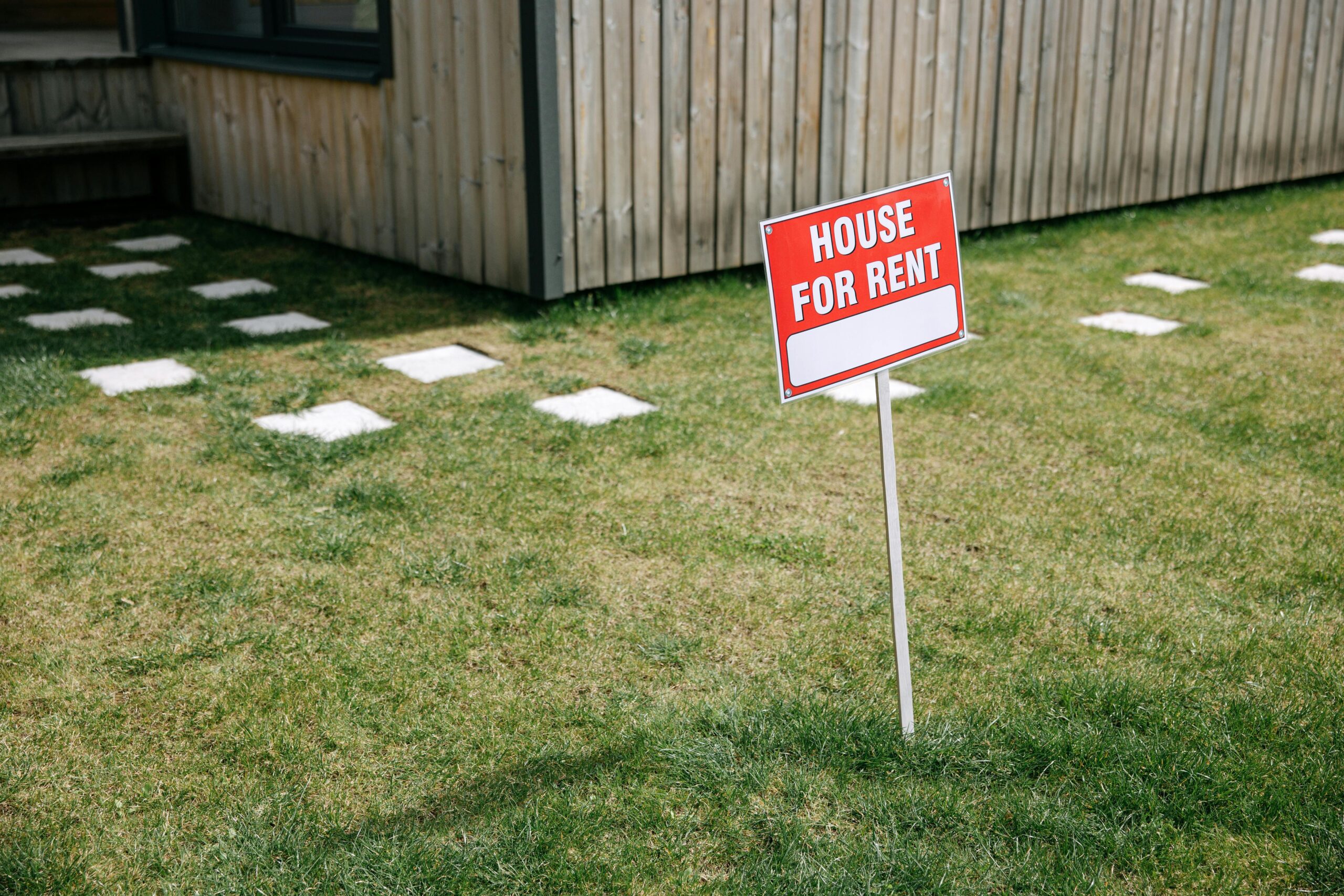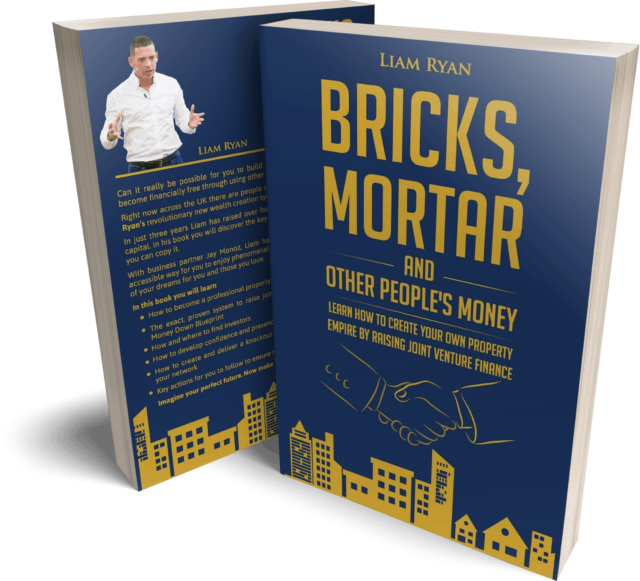What Does PCM Rent Mean?

PCM is a common acronym that crops up quite frequently on property rental listings, but what does it mean? Navigating rental agreements without understanding all the jargon can be tricky. As a property investor, understanding rental terms like PCM is essential for effective property management. In this blog, I will detail exactly what PCM means and how it applies to property rental prices.
Table of Contents
Toggle- What Does PCM Mean?
- What is the Difference Between PCM, PW and PA Rental Payments?
- Benefits of PCM Rent
- Drawbacks of PCM Rent
- How to Calculate PCM Rent
- How Much Rent Should You Charge PCM?
- Should You Include Utility BIlls in the PCM?
What Does PCM Mean?
PCM stands for ‘per calendar month’ and refers to rental payments for a property. Simply put, PCM is the amount of monthly rent that a tenant would pay to live in the property. Some listings include a PCM per room, and others provide the PCM for the whole property. If a property listing includes an amount of money followed by ‘PCM’, this is how much a tenant would have to pay to rent the property every month. PCM amounts may include utility bills and tax – the rental agreement or further details in the property listing should provide this information. Of course, some months have more days in than others, but PCM means that you pay the same amount every month regardless of whether it’s a short month like February or a long month like July. PCM rent is usually due on the same date every month, e.g. the 28th.
What is the Difference Between PCM, PW and PA Rental Payments?
PW stands for ‘per week’ and some properties are advertised as having a weekly rental payment. PA stands for ‘per annum’ or per year, and this indicates a yearly rental payment. PCM is the most common way of paying rent, as it coincides with most people’s payday for those with a monthly salary schedule. Some people prefer to pay rent weekly, especially on short-term rentals, and some may pay yearly if that is an option, some landlords offer a discount if the rent can be paid yearly upfront, as it provides them with more cash upfront that can be used for further investment. PCM is the most common form of rental payment for residential properties in the UK. Commercial properties are more likely to charge rent per year, as they are often rented on a longer-term basis than residential properties.
Benefits of PCM Rent
Charging PCM rent gives you a stable monthly income that can be used for paying the mortgage on the property, using it for your own expenses, or putting towards further property investments. It makes it easier to align with other monthly bills and income cycles. Knowing the amount of income you have from a property can help when planning property maintenance or improvements.
Drawbacks of PCM Rent
There can be a lack of flexibility with PCM rent, especially for certain types of property including short-term rentals such as holiday lets or serviced accommodation. For this type of rental, weekly rent is often more suitable. For long-term commercial lets, many property owners ask for a yearly rental payment in advance, which is more appropriate for commercial lettings.
How to Calculate PCM Rent
If you know the weekly or yearly rental amount for a property, you can easily calculate the PCM amount. If a property’s yearly rental price is £15,000, simply divide this number by 12 to find the PCM amount.
15,000 / 12 = 1250
So in this example, the PCM rent is £1,250.
If the weekly rental amount is known, you can also use this figure to calculate a PCM rental amount. Just multiply the weekly rental amount by 52 to find out the yearly amount, then divide this number by 12. So if a weekly rental amount is £200, multiplying this by 52 gives us £10,400. Dividing this by 12 gives us the PCM amount of £866. This is the most appropriate way of calculating PCM rent from weekly rent, as there are sometimes more than 4 weeks in a month.
How Much Rent Should You Charge PCM?
Calculating the monthly rental payments for a property can be difficult. It varies by a large margin depending on the type of property, the size and condition and the location. Larger properties in good condition in desirable locations such as within large towns and cities can command a much higher monthly rent than a smaller property in poor condition outside of a town or city. Of course, it is tempting to charge as much as possible, but tenants will be put off by overly high prices especially when there are other cheaper options available nearby. Likewise, a lower-than-average rental price can make potential tenants suspicious, and you may not be able to cover your expenses. Here are some tips to help you decide on how much rent to charge.
- Do market research by taking a look at other similar properties in the area and how much the average PCM rent is.
- Make sure you accurately budget for monthly expenses such as mortgage payments, insurance, maintenance and property management where required.
- Consider what improvements you could make to the property to enhance its appeal and charge more rent per month, e.g. installing a brand new kitchen or bathroom, providing furniture, and doing landscaping on outdoor areas.
Should You Include Utility BIlls in the PCM?
Most housing rentals do not include utility bills within the PCM price as the tenants would be expected to pay them directly. This may be different for properties such as maisonettes, flats or apartments that could share utilities with other properties or an entire block of flats. In these cases, including utilities within the monthly rent is appropriate. In houses of multiple occupancy (HMOs) where tenants rent individual rooms in a house, including all bills in the rent is more practical than leaving it to tenants to split the bills by themselves. Students looking for house shares will find all bills included to be a tempting prospect for a rental property. If you choose to include bills within the rent, make sure that the rental payments can cover all bills and leave you with some profit.
PCM provides a clear monthly figure that can help when budgeting and financial planning. By understanding PCM rent, you can manage your property portfolio better, ensure a steady cash flow and make more informed investment decisions. As always, make sure your rental agreement is crystal clear on rental amounts to avoid any future misunderstandings.
Do you want to learn more about property investment in the UK? Join me, Liam J Ryan, and other property investment experts at a FREE property event from Assets For Life – click here to sign up today.
You May Also Be Interested In...

A Guide to Selling Your Buy-To-Let Property
Thinking of selling your buy-to-let? Learn how to time the market, manage tax and maximise

Planning Permission Loopholes You Should Know About
Discover UK planning permission loopholes, permitted development rights and when you can extend, convert or
Featured Property Investment Events & Courses
The Property Deal Packaging Summit
The Property Millionaire Bootcamp
The Serviced Accommodation Bootcamp






